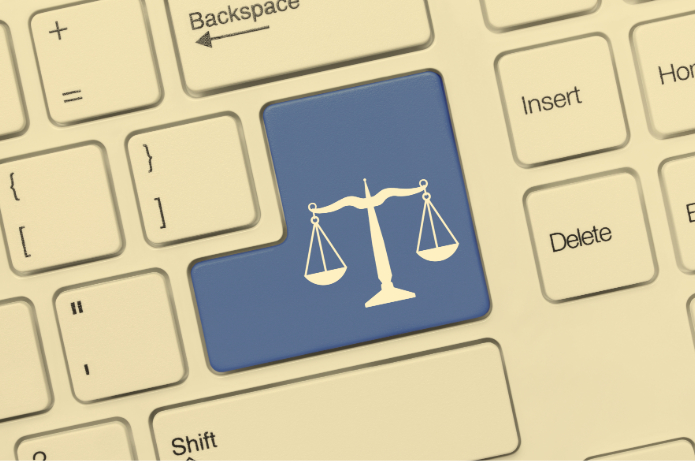As empresas brasileiras que possuem sede ou capital aberto nos Estados Unidos estão sujeitas a uma dupla regulação, tanto pela Comissão de Valores Mobiliários (CVM) no Brasil quanto pelos órgãos reguladores norte-americanos, como, por exemplo, a Securities and Exchange Commission (SEC) e a Financial Industry Regulatory Authority (FINRA). Segundo o Instituto Empresa, entidade de defesa dos investidores minoritários, essa sobreposição regulatória, embora represente desafios de conformidade, oferece uma proteção adicional aos investidores brasileiros.
O recente caso da Avenue Securities ilustra essa realidade. A corretora foi multada em US$ 300 mil (aproximadamente R$ 1,77 milhão) pela FINRA devido a práticas de propaganda enganosa voltadas a investidores brasileiros. Entre 2020 e 2023, influenciadores pagos pela Avenue divulgaram investimentos sem esclarecer os riscos reais envolvidos. Alguns conteúdos promoviam produtos financeiros com promessas irreais de retorno garantido, enquanto outros sugeriam que determinados ativos eram livres de custos, omitindo informações sobre taxas adicionais. A investigação também revelou falhas na supervisão da corretora sobre a comunicação feita por esses influenciadores, descumprindo normas de transparência do mercado financeiro
“A atuação de órgãos reguladores estrangeiros em casos que afetam investidores brasileiros representa uma camada extra de proteção. Enquanto no Brasil a fiscalização pode ser limitada, nos Estados Unidos, estão sujeitas a rígidos padrões de compliance”, lembra Eduardo Silva, presidente do Instituto Empresa.
Ele observa que o sistema de class action norte-americano também se destaca como um mecanismo mais eficiente para investidores que buscam reparação por eventuais danos. Diferente dos processos judiciais individuais ou arbitragens no Brasil, que podem ser longos e onerosos, a ação coletiva permite que múltiplos investidores sejam representados em um único processo, aumentando as chances de ressarcimento e garantindo maior poder de barganha diante das empresas infratoras.
Na contramão, Silva alerta para o risco do Projeto de Lei n. 2925, de 2023, que consta como uma das pautas prioritárias do Ministério da Fazenda para o corrente ano. “Com sua aprovação, seria muito mais seguro ao investidor comprar papéis no exterior e não no Brasil”. A título de “defender os minoritários” o projeto dificulta, na prática, com o exercício de demandas e isenta as companhias de responsabilidades após a emissão no papel. “Se estivesse vigendo, IRB e Americanas, por exemplo, estariam blindadas”.
Além da Avenue Securities, outros casos demonstram a importância da aplicação da regulação norte-americana para empresas brasileiras. Em 2018, a SEC multou a Petrobras em US$ 853 milhões por suborno e corrupção, garantindo indenizações a investidores estrangeiros afetados pelo escândalo da Lava Jato. “Paradoxalmente, um brasileiro que adquiriu papel nos EUA, foi indenizado, por acordo. Quem comprou na B3 amarga a resistência e alta combatividade da Petrobras em arbitragens ainda em curso”, afirma Silva.
Mais recentemente, a StoneCo, fintech brasileira listada na Nasdaq, foi alvo de investigações devido a falhas na divulgação de riscos operacionais, reforçando a importância da transparência exigida pelas normas dos EUA.
Várias companhias brasileiras já enfrentaram ações coletivas nos EUA. Dentre elas, está a Braskem, que sofreu um processo coletivo nos EUA por alegações de informações enganosas sobre seus controles internos e práticas contábeis. A Vale também foi alvo de class action após o rompimento da barragem de Brumadinho, em 2019, resultando em processos movidos por investidores que alegaram perdas devido à falta de transparência da empresa sobre riscos ambientais e operacionais. Outra foi a Eletrobras diante das alegações de práticas corruptas e divulgação inadequada de informações financeiras. Investidores que adquiriram ADRs da empresa buscaram compensação por perdas atribuídas a essas práticas. Gerdau e Bradesco também foram acusados na justiça americana de envolvimento em práticas corruptas e divulgação inadequada de informações.
“A regulação dupla imposta a empresas brasileiras com presença nos Estados Unidos não apenas reforça o compromisso com a transparência e boas práticas, mas também beneficia investidores brasileiros que, muitas vezes, enfrentam dificuldades para obter reparação por danos no cenário jurídico nacional. Com um ambiente regulatório mais rigoroso e um sistema judicial mais ágil, o investidor brasileiro pode contar com mais garantias e maior segurança em suas aplicações”, observa.


